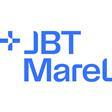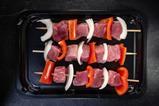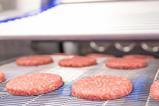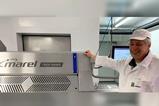Processors want to add maximum value to every animal. Yield loss from leaving muscle meat on the bone after the deboning process is expensive, since good quality meat can still be collected from the bones for processing into end products, such as hamburgers and sausages.
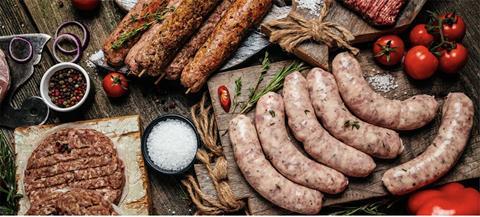
“To support a sustainable food industry meat harvesting solutions need to improve profitability and competitiveness, meet regulatory requirements and deliver high-quality products,” says Marel’s global marketing manager, Cécile Canivet.
“Feeding the world is a monumental task and the meat processing industry has to provide efficiency and innovation to ensure it’s up to delivering that. Keeping waste to the absolute minimum and getting maximum value from the carcase are vital to delivering meat’s growing global demand at a time when profit margins are being squeezed.”
Getting the most from your raw material
Leaving good quality muscle meat on the bone, which can still be collected and processed into products such as burgers and sausages, not only makes little economic sense but in today’s food industry is arguably unethical and environmentally unacceptable. Solutions such as Marel’s ProFIVE and ProTEN meat harvesting equipment mean recovering high-quality meat from bones left after the deboning process, with up to 45% yields. The ProFIVE has an infeed capaptiy of up to 2,500 kg per hour and the ProTEN gets up to an impressive 5,000kg per hour.
“Maximising raw material efficiently is not only an investment in your quality products, but in a more sustainable food industry for today and tomorrow.”
Cécile Canivet, Marel Global Marketing Manager.
They work by using low pressure methods to separate the remaining meat, but maintain bone integrity. The technology keeps the bone marrow and other fluid levels to a minimum, meaning higher protein, low iron and low calcium content. The resulting 3mm meat harvested is comparable to manually trimmed cuts, but its faster and more efficient. A wide range of bones, including neck, loin, breast, fresh, aitch, blade and picnic are all acceptable.
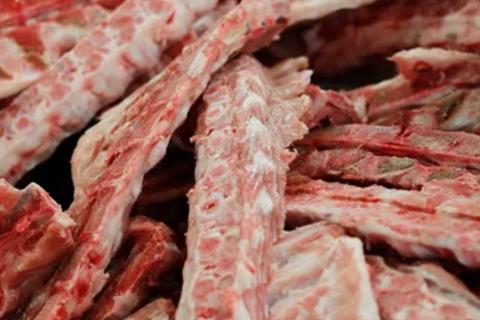
Both of the machines offer this low-pressure option, that’s ideal for products such as burgers, meatballs and sausages. Selecting the high-pressure alternative can provide mechanically separated meat for use in products such as luncheon meat, hot dogs, frankfurters and mortadella.
Short payback
Canivet cites an example of how these two harvesters delivered real results for a major player in Germany who experienced a 4% increase in its absolute yield with a price difference of €0.90 per kg between low-pressure and high-pressure products. “This customer was processing up to 150 tons every day and earned an extra revenue of a staggering €1.35 million a year simply by upgrading their meat harvesters.”
Marel is confident that with by minimising waste and maximising yield the ProFIVE and ProTEN have the potential to offer a payback period, often within the space of a year. “In the States,” explained Cécile, “processors have realised returns in just a few short months.
“Maximising raw material efficiently is not only an investment in your quality products, but in a more sustainable food industry for today and tomorrow.”
